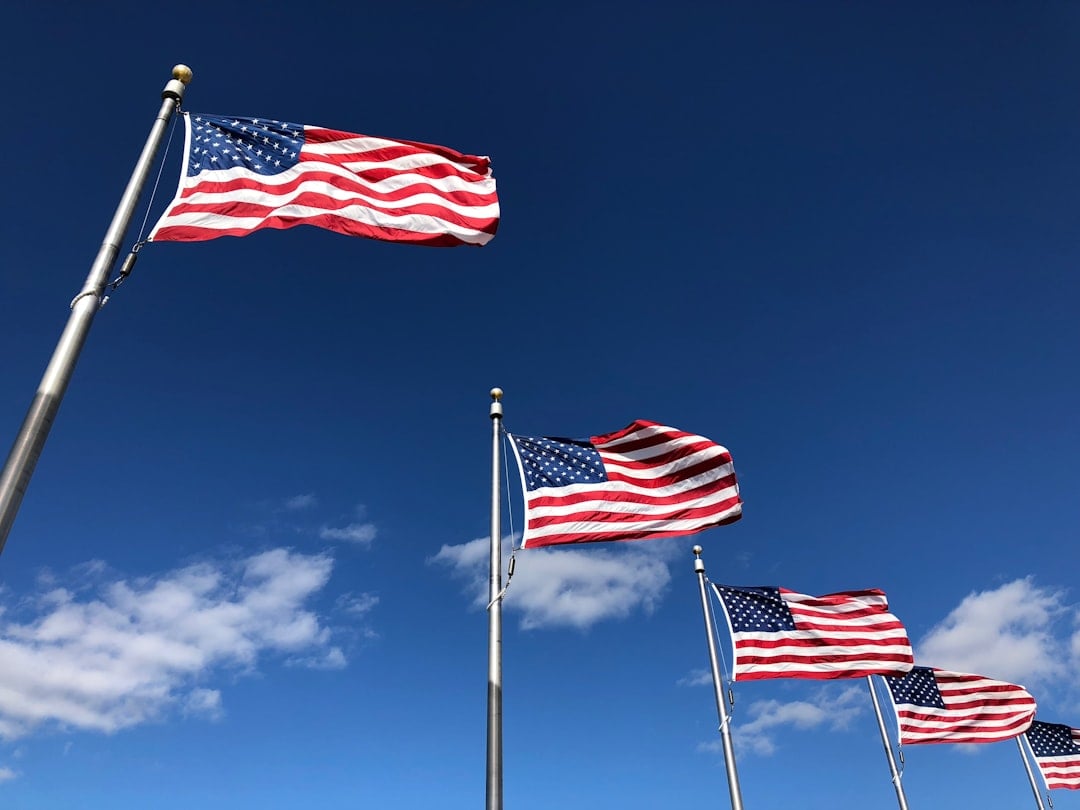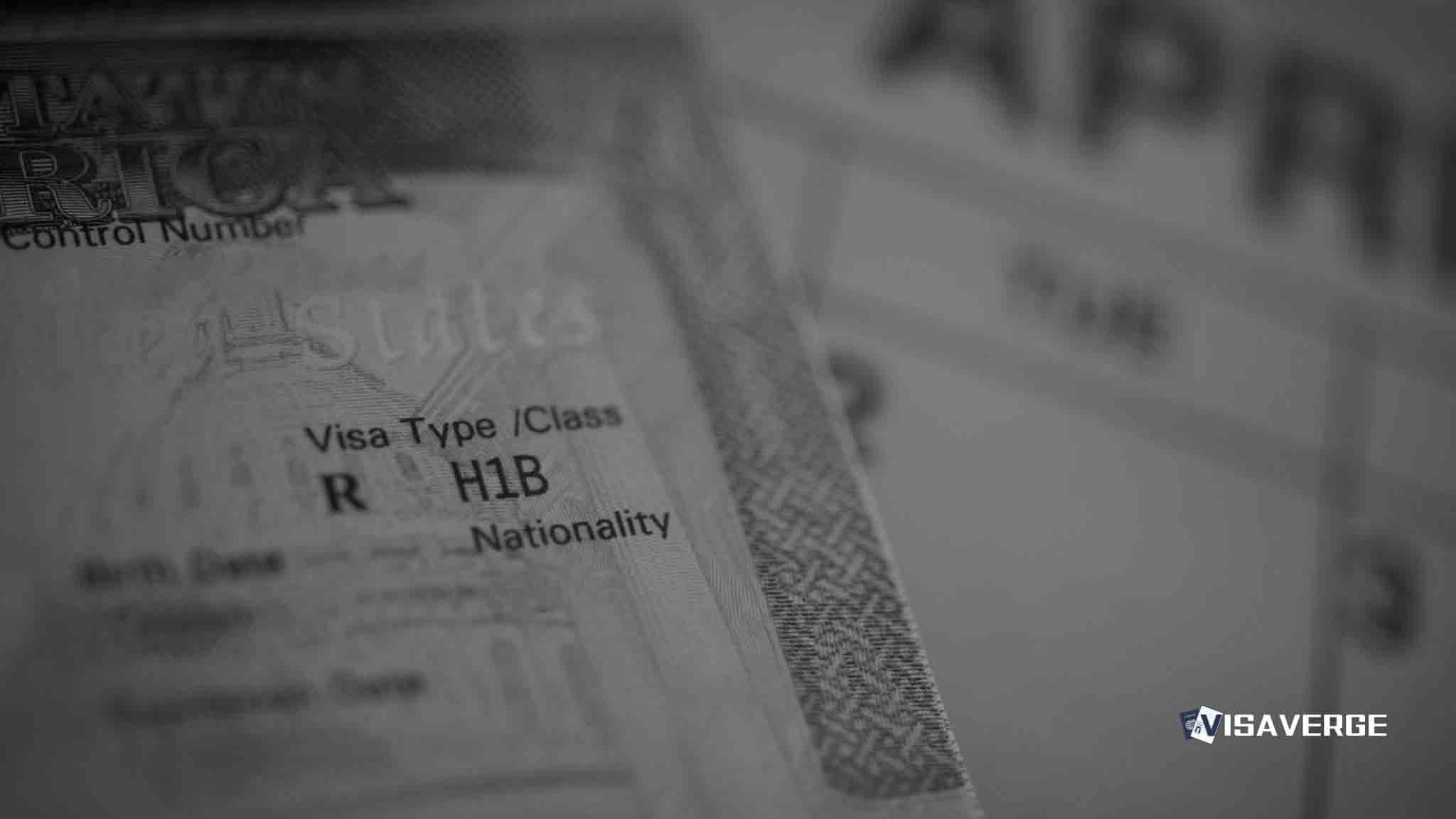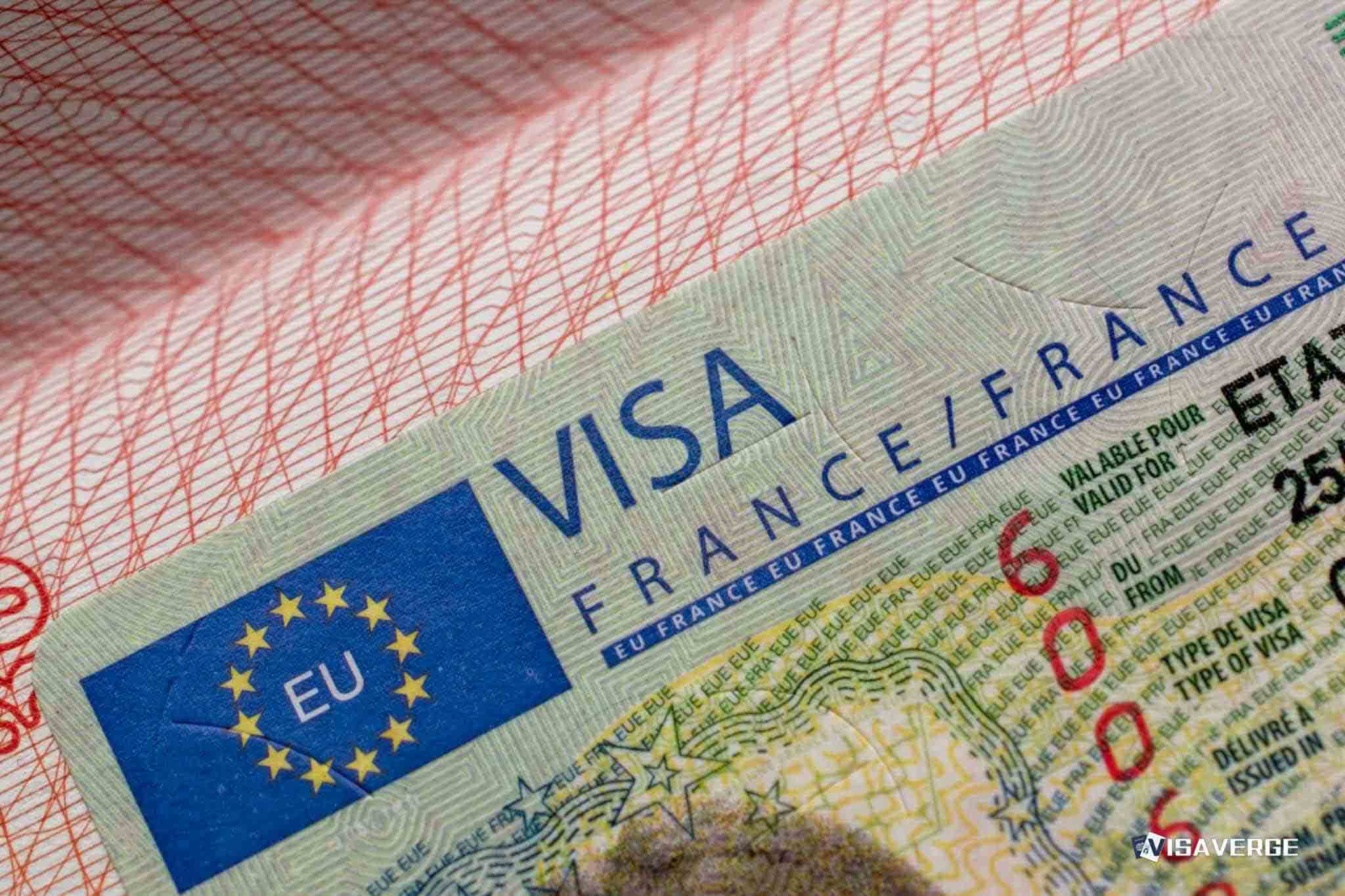As of October 1, 2025, the U.S. Department of State says it is continuing to process immigrant and non-immigrant visa applications at U.S. embassies and consulates worldwide, even during a federal government shutdown. The key reason: visa operations run on fee-based funding, not on annual congressional appropriations. That structure keeps most consular visa work moving, though applicants should expect slower timelines and possible cancellations if the shutdown stretches on, according to public guidance and prior practice. The situation remains fluid, and consular posts have warned that certain services could be scaled back or paused if resources become strained.
Why visa operations often continue during a shutdown

Visa units at embassies and consulates typically continue interviews, document intake, and adjudications because each visa application includes fees that directly support the work of consular staff. These fees are separate from the SEVIS fee paid by students and exchange visitors for the Student and Exchange Visitor Information System.
In plain terms, consular sections can keep lights on and windows open because applicants fund much of the work. That said, delays are likely, especially if the shutdown lasts longer. Some posts may:
- Reduce appointment slots
- Postpone non-urgent services
- Prioritize limited visa categories based on local conditions
Past shutdowns offer a cautionary note. Even though consular sections rely on their own revenue, visa work still depends on other parts of the U.S. government. Background checks and security screening often tap interagency systems. Appointment scheduling tools can involve shared platforms. When those partners slow down or pause, consular teams may be forced to delay or temporarily stop some services.
The Department of State has acknowledged this reality, noting that stoppages have occurred in previous lapses when outside support was interrupted.
A consulate can remain open but not be fully staffed. Limits on overtime, travel, or support tasks can ripple through interview availability and document processing. People may still receive interviews and visa decisions, but not always on the timeline they expect during normal government operations.
VisaVerge.com reports that visa operations generally continue due to fee-based funding, but warns the longer a shutdown continues, the more pressure builds on scheduling and post-shipment steps. That aligns with consular public guidance: keep plans flexible and monitor official channels for changes.
Practical steps applicants should take now
Two practical messages stand out:
- Monitor official updates frequently
- Check the U.S. Department of State — Bureau of Consular Affairs page for high-level updates.
- Follow your specific embassy or consulate’s website and social media for day-to-day appointment news.
- Official guidance is posted at travel.state.gov.
- Avoid travel if your visa stamp has expired
- In a shutdown, short slowdowns can turn a quick trip abroad into an extended, unexpected stay.
- If background checks or appointment systems slow, routine renewals can take longer, leaving travelers in limbo.
- This is especially urgent for travelers with fixed return dates tied to work, school terms, or family obligations in the United States 🇺🇸.
Additional practical advice:
- If you already have an interview scheduled, assume it will occur but monitor email and the consulate’s website for changes.
- If you are considering booking travel to seek a visa appointment, understand that on-the-ground conditions can change quickly.
- For those already abroad and seeking return to the U.S., do not travel on an expired visa stamp if you need a new stamp to re-enter.
Who is most affected and how
- Immigrant visa applicants: Families may see interview slots pushed later or rescheduled.
- Non-immigrant visa applicants (tourism, business, study, exchange): May face crowded calendars as posts adjust staffing and workflows.
- Students and workers: Delays could affect term start dates and employment start dates.
Key dependency: security checks, database queries, and scheduling tools that rely on shared government infrastructure. Consular officers cannot complete some adjudications without those results. In past shutdowns, such bottlenecks caused broader delays or brief suspensions until systems were restored.
Important reminders and warnings
- The Department of State’s reliance on fee-based funding keeps visa windows open when other government offices close, but it does not guarantee full-speed processing.
- Fee revenue supports consular work, but it does not bypass legal and security steps involving other agencies.
- If the shutdown persists, consular services may be reduced or suspended, pushing timelines further out.
Consular messaging has been consistent: monitor official updates and expect possible delays.
If Congress and the White House resolve funding quickly, delays could ease. If the shutdown extends, consulates may need to pause more services — as occurred during past lapses when outside dependencies broke the chain.
How to prepare and proceed
- Prepare all required documents thoroughly for scheduled interviews and arrive on time.
- Watch appointment calendars and consider longer lead times when planning travel or start dates.
- Keep flexibility in travel and moving plans, especially for families, students, and workers.
- Follow embassy/consulate notices closely — they are the primary source for sudden changes in hours, appointment capacity, or service priorities.
The Department of State directs the public to its central visa information hub for updates, and posts specific notices for each embassy and consulate. Applicants who follow those sources will be the first to see any changes to hours, appointment capacity, or service priorities. In a shutdown, that’s where decisions get announced — often with little warning. Keeping a close eye on those pages remains the most reliable way to advance your case while the government shutdown continues.
Frequently Asked Questions
This Article in a Nutshell
The U.S. Department of State reported on October 1, 2025 that embassies and consulates are continuing immigrant and non-immigrant visa processing during a federal government shutdown because visa operations run on fee-based funding rather than annual appropriations. While most consular visa work can proceed, applicants should expect slower timelines and potential cancellations if the shutdown continues. Critical dependencies—such as interagency background checks, security screenings, and shared scheduling platforms—can cause bottlenecks when partners slow or pause. Practical advice: monitor official embassy and State Department pages, avoid international travel on expired visa stamps, prepare documents carefully, and build flexibility into travel, school, or work start dates.







